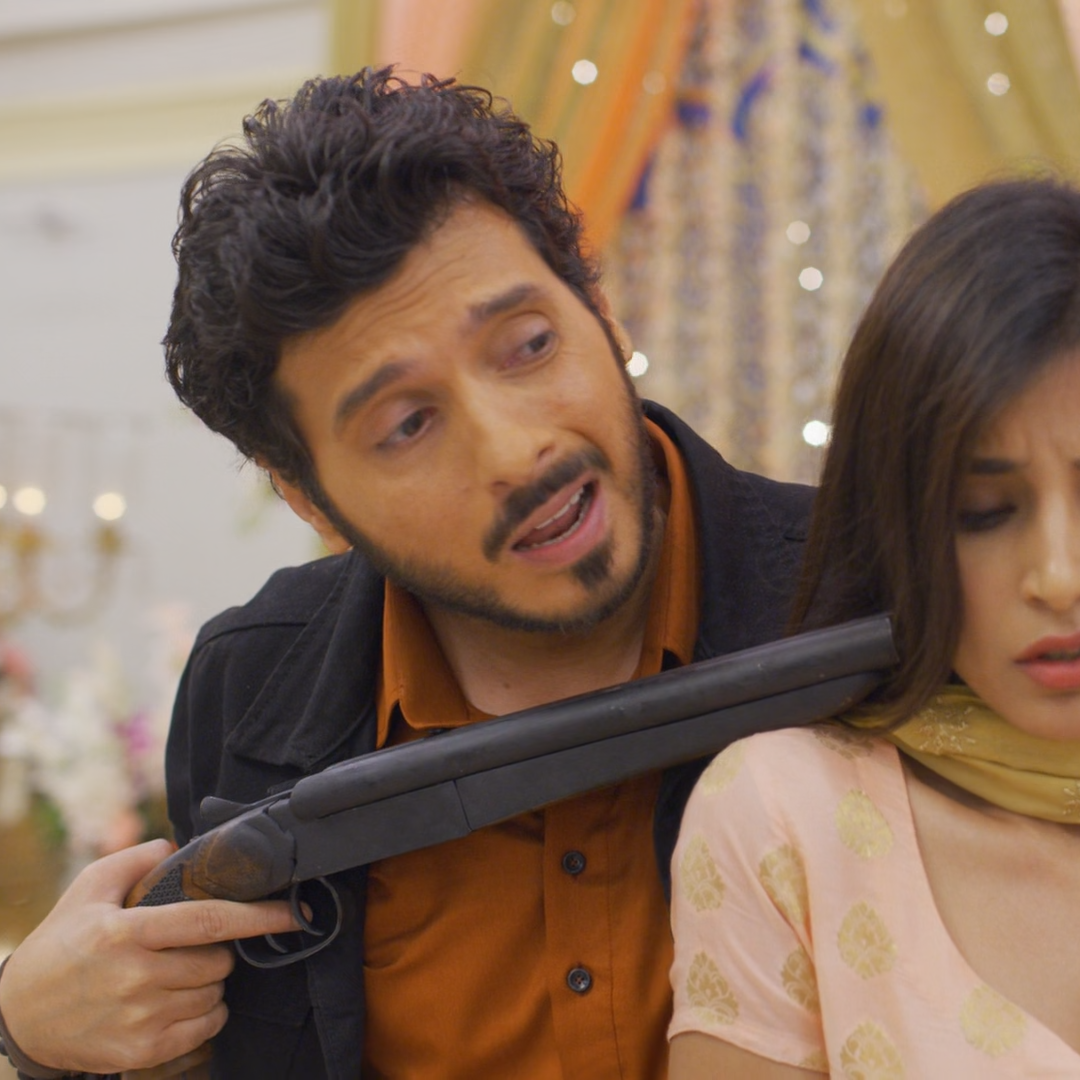The Initial Facade
When we first meet Munna Tripathi, he's a trigger-happy, entitled son desperately seeking validation from his crime lord father. However, beneath this surface persona lies a complex character whose transformation throughout the series reveals deeper psychological layers that many viewers might have missed.
The Father-Son Dynamic
Beyond the obvious power struggle with Kaleen Bhaiya, subtle details reveal Munna's psychological complexity:
- Notice how his posture changes during scenes with his father – straight-backed and defiant one moment, shrinking and childlike the next
- His attempts to mimic his father's mannerisms and speech patterns, especially when dealing with subordinates
- The gradual shift from seeking approval to actively challenging his father's authority, marked by increasingly calculated actions rather than emotional outbursts
Hidden Intelligence Behind Chaos
While Munna's violent outbursts often mask his intelligence, key scenes reveal his growing strategic thinking:
- His manipulation of local politicians shows evolving political acumen
- The systematic way he builds his own network of loyal followers
- His ability to identify and exploit others' weaknesses, particularly evident in Season 2
- The transformation of his decision-making from impulsive to calculated, especially in business matters
The Marriage Arc
Munna's marriage to Madhuri reveals crucial character developments:
- Initial attempts at being a conventional husband show rare glimpses of vulnerability
- The relationship becomes a testing ground for his ability to maintain control
- Watch his expressions during intimate scenes – they reveal internal conflict between desire for normalcy and addiction to power
- The gradual use of his marriage as a political tool rather than a personal relationship
Evolution of Violence
His relationship with violence undergoes a significant transformation:
- Early episodes: Violence as attention-seeking behavior
- Mid-series: Violence as a tool for establishing authority
- Later episodes: Violence as a calculated business decision
- Pay attention to his eyes during violent scenes – they shift from showing excitement to complete emotional detachment
Power Dynamics
Several subtle power shifts mark his character development:
- The changing way he interacts with subordinates
- His gradual adoption of his father's business tactics while rejecting his father's restraint
- The transformation from seeking power through fear to understanding the complexities of maintaining control
- His evolving understanding of the difference between having power and wielding it effectively
Psychological Parallels with Guddu
The series draws interesting parallels between Munna and Guddu:
- Both struggle with paternal expectations
- Similar journey from physical to strategic power
- Contrasting paths in handling personal losses
- Different responses to similar emotional triggers
Visual Character Development
The show uses visual cues to mark Munna's transformation:
- Costume evolution from flashy to more traditional attire
- Changes in physical posture and movement
- Shifting speech patterns from erratic to measured
- Gradual adoption of his father's mannerisms while maintaining his distinct personality
Unresolved Trauma
Several subtle moments highlight Munna's underlying trauma:
- Recurring instances of childhood memories affecting current decisions
- His relationship with his mother and its impact on his actions
- The way he handles betrayal versus loyalty
- His inability to form genuine connections despite desperately seeking them
The Final Evolution
By the later parts of the series, Munna's character shows key transformations:
- From seeking validation to demanding respect
- From emotional reactivity to calculated cruelty
- From wanting to prove himself to believing in his own supremacy
- From fearing power to becoming consumed by it
These layers of Munna's character development make him one of the most complex antagonists in recent Indian streaming content. His transformation from a reckless heir to a calculating crime lord illustrates the corrupting influence of power and the price of ambition. Understanding these subtle aspects adds significant depth to rewatching the series and appreciating the nuanced performance by Divyenndu.
The brilliance of Munna's character lies not just in his dramatic moments but in the subtle transitions between them. His journey serves as a masterclass in character development, showing how external circumstances and internal struggles can fundamentally transform a person while maintaining their core characteristics. This makes him not just a villain but a tragic figure whose descent into darkness feels both inevitable and deeply human.
